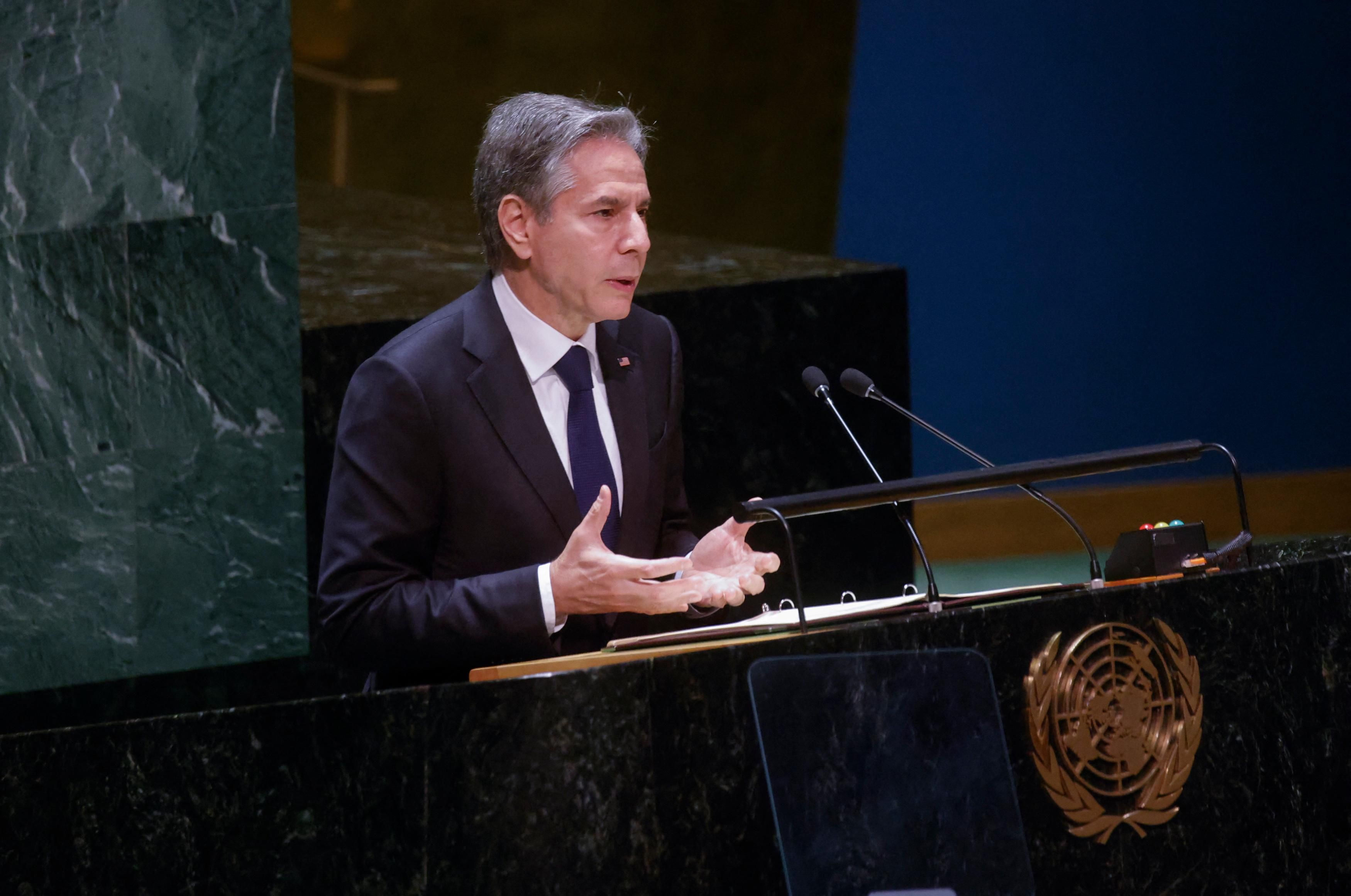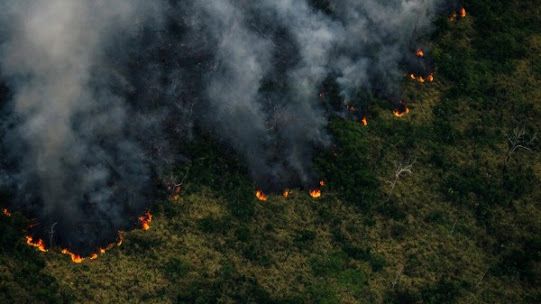Renowned author Isabel Allende turns 80
One of the world's most widely read Spanish-language authors, Allende continues to fight for women's rights and write novels with strong female characters.

She has written over 25 books, which have been sold some 70 million times and translated into many languages. She has received 60 awards in 15 countries for her work, and two international film productions have been based on her novels.
Those are some of the hard facts about Isabel Allende, Chile's most internationally successful writer. But, as she writes on her own website, they don't tell the whole story.
"It is very strange to write one's biography because it is just a list of dates, events and achievements," she writes. "In reality, the most important things about my life happened in the secret chambers of my heart and have no place in a biography."
In fact, she doesn't even consider her books to be her biggest success, but rather the love she shares with her family and the opportunities she's had to help others. She did just that, for example, during August Pinochet's military dictatorship in Chile when she spoke out for those who were politically persecuted, and continues to help others with her Isabel Allende Foundation, which seeks to empower women.
Allende turns 80 on August 2.

Isabel Allende in her house in Caracas in 1985
Read more: Berlin bookstore shuts down after leftist boycott
An unforgettable first novel
Nevertheless, it is the Chilean author's books that have made her world-famous — in particular, her 1982 debut novel, "The House of the Spirits." The partially autobiographical drama is about the upper-middle-class family Trueba, which suffers under the thumb of violent patriarch Esteban Trueba.
When a military coup removes the socialist president from power, Trueba puts his hopes in the new government — but is quickly disappointed. Terror and persecution sweep across the country, and the Trueba family is not spared.
When Isabel Allende wrote her family drama in 1982, she had already left Chile and was living in exile in Venezuela. Her father's cousin, Salvador Allende, was the president of Chile, but was ousted by Augusto Pinochet's military dictatorship in 1973 and subsequently committed suicide.
At that point, Isabel Allende no longer felt safe in Chile.
Empowering women
Allende was born on August 2, 1942, in Lima as the oldest daughter of a Chilean diplomat. Her parents separated, and she spent a good part of her childhood living with her grandfather.
She later lived in Bolivia and Lebanon before returning to Chile, where she worked as a journalist, got married and had two children, daughter Paula and son Nicolas.
Her daughter Paula died of a metabolic disorder in 1992 at the young age of 29. In 1994, Allende dealt with her daughter's death in a very personal book called "Paula." In 1996, she established her Isabel Allende Foundation in Paula's honor, dedicated to empowering women and girls.
Allende has actively supported women's rights for many years. In 1968, she was one of founding editors of the feminist magazine "Paula" with the support of her relation Salvador Allende.

Glenn Close (left) and Meryl Streep (right) starred in the film version of Allende's "The House of the Spirits"
She also wrote stage plays and made a name for herself as a television presenter before emigrating to Venezuela.
Read more: Spiegel removes far-right book from bestseller list
Life in exile
While in exile, she began writing an imaginary letter to her deceased grandfather. She later developed the text into her novel "The House of the Spirits," which was filmed in 1993, starring Meryl Streep and Winona Ryder.
Right from the beginning, Allende's unique way of weaving together fiction and reality became apparent — a style called magical realism. She mixed the horrors of reality with a fantasy world full of magic that was always full of hope.
Critics have accused her of copying the works of Columbian Nobel Prize-winner Gabriel Garcia Marquez, who developed magical realism. Nevertheless, her epic tales of strong women won her the Chilean National Prize for Literature in 2010.
'I still feel like a Chilean'
Allende has lived in the United States, where she married for the second time, for more than two decades now,. But, as she told DW, Chile remains her home. "I still feel like a Chilean. My parents are Chilean, my family is Chilean and I spent the first years of my life — important, shaping years — in Chile."
Regardless, Allende's work remains globally relevant. Her latest novel, "Violeta," is a plea to those who need to assert themselves in a macho world. It is a biography of her mother Panchita, with whom the author was very close until her mother’s death in 2018.
The book is hardly a biography, but rather wishful thinking on Allende’s part. While the protagonist in the novel gains independence and freedom because of her business sense, Allende’s mother was dependent on her two successive spouses. Then again, Violeta in the novel is strong and combative, but not very emancipated when it comes to love.
The novel, which spans a century, is astonishingly contemporary. It begins with Violeta’s birth in 1920 and ends with the COVID pandemic a hundred years later.
The octogenarian, however, has no plans to stop writing. "I enjoy writing so much. People tell me: 'You shouldn't have to write anymore, you're getting too old for that,'" the author told news agency AFP, adding, "But I love it. Why would I want to stop?"
























